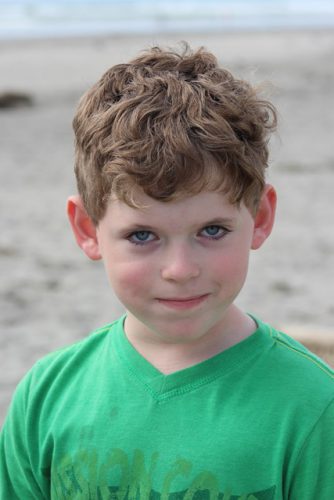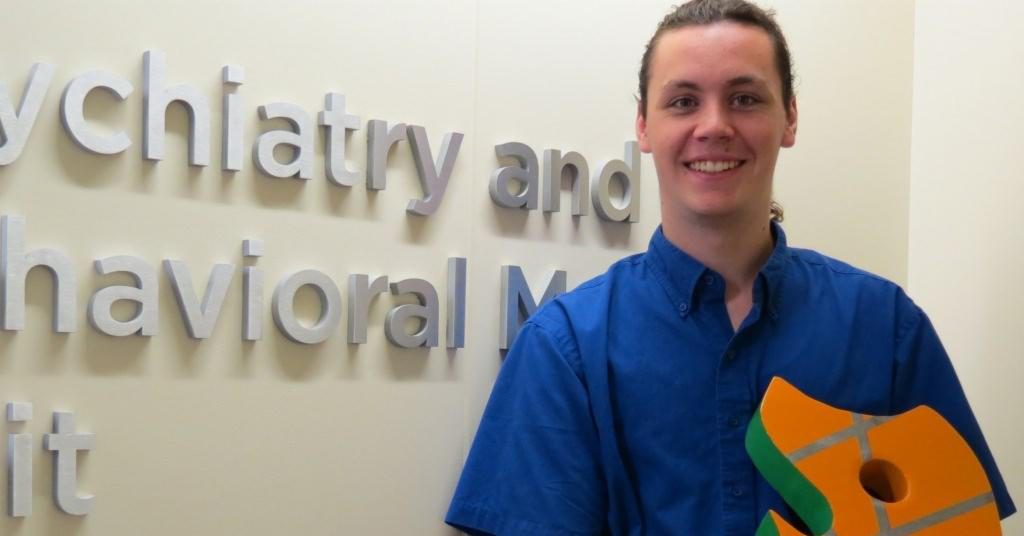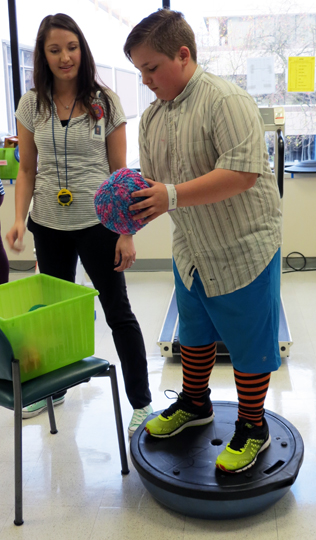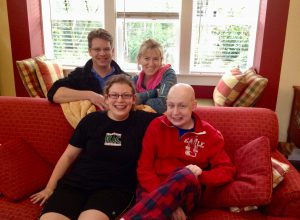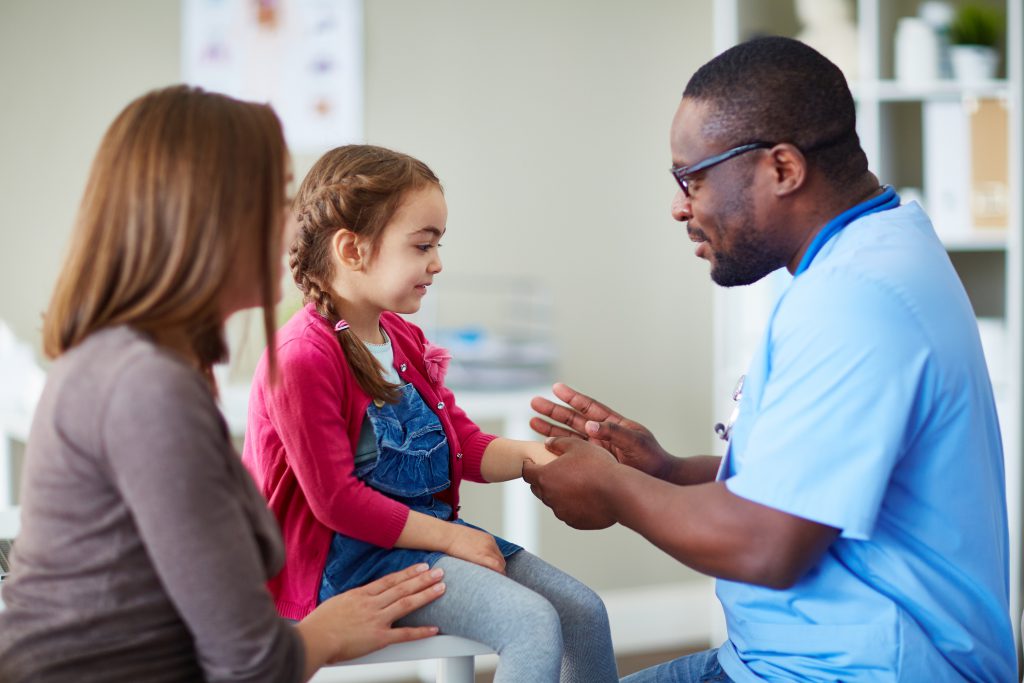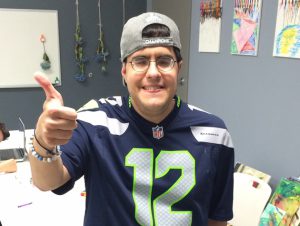Some say ‘it takes a village to raise a child.’ At Seattle Children’s Autism Center, this concept came to life to a certain degree through the development of a collaborative method for diagnosing autism in children that aimed to improve the diagnostic process and increase efficiency, with the potential of leading to better patient outcomes. […]
When John Madden was 16 years old, the growing stress from his demanding academic schedule became a catalyst for larger issues. Madden had withdrawn from friends and family. His misuse of prescription medication and use of illicit drugs to cope with the stress further aggravated undiagnosed mental conditions. Bouts of depression and mania sometimes left […]
As an adolescent medicine specialist, I help teens manage a wide range of eating habits, many of which can negatively impact their overall health and development. For example, I often hear teens say they’re skipping breakfast or trying to diet. Some have very rigid rules around food that alarmingly result in their bodies showing signs […]
Laura and Todd Crooks have experienced personal devastation from losing a loved one whose mental health issues weren’t properly addressed. Their son Chad took his own life eight months after he was diagnosed with Schizophrenia, on Jan. 21, 2016. The professional help the gifted 21-year-old college student required wasn’t readily available when he needed it […]
Anxiety is a natural response that alerts people to situations that they find threatening. Anxious feelings are a part of life for kids, teens and adults, but when anxiety is severe, frequent and lasts for months, it requires professional treatment. Dr. Kendra Read, attending psychologist on Seattle Children’s Psychiatry and Behavioral Medicine team, works with […]
Last spring, Wesslee Holt rolled his ankle at his middle school in Shelton, Washington. The 12-year-old is a dedicated member of his cheer team and was eager to return to the squad quickly. He followed his doctor’s instructions to immobilize the foot and wear a boot — but his pain only increased over time. Wesslee […]
Recent conversations with friends and colleagues have been abuzz with discussions about “13 Reasons Why,” a new Netflix series about a teen who died by suicide that has sparked debate across the country. While they all have reservations about some of the graphic content and appropriateness for teen viewers, they also feel the issue of teen suicide […]
The proverb that suggests it takes a village to raise a child can be easily adapted for parents facing the various challenges that come with having a child with special needs and circumstances. Parents sometimes need the support of a village. Author Kristin Jarvis Adams shared her experiences with On the Pulse in finding her […]
Antipsychotic prescriptions for children enrolled in Washington state’s Medicaid program decreased by nearly half following the implementation of an innovative psychiatric consultation program affiliated with Seattle Children’s, according to a study published in the March 2017 issue of Health Services Research. The 49% reduction in prescriptions from July 2006 to 2013 is a reversal from […]
Morgan Wood has been coming to Seattle Children’s since he was born — and as an adult, he continues to benefit from recreational and social skills classes at the Alyssa Burnett Adult Life Center. He is known among both friends and providers for sharing his life mantras, which he developed to work through challenges related […]

